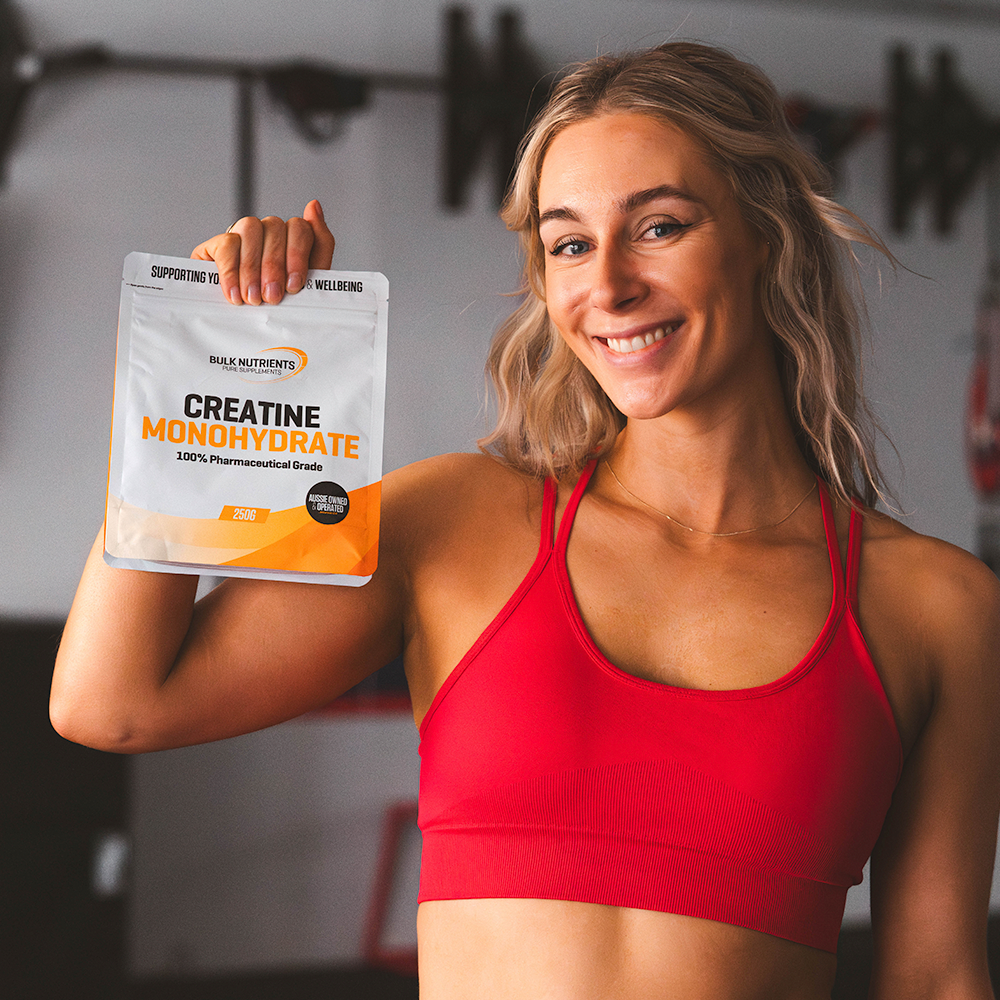Getting My Creatine Monohydrate To Work
Getting My Creatine Monohydrate To Work
Blog Article
Getting The Creatine Monohydrate To Work
Table of ContentsHow Creatine Monohydrate can Save You Time, Stress, and Money.Little Known Questions About Creatine Monohydrate.The smart Trick of Creatine Monohydrate That Nobody is Discussing
The writers recognize a risk of predisposition with the research study designs due to a demand for more clearness over randomization with almost all researches included. Just three of the nineteen research studies thoroughly outlined the assessment of VO2 max.
This varies from professional athlete to athlete, though. If weight gain with liquid retention is a concern, stop taking creatine 1-2 weeks prior to competing to offset liquid retention while preserving increased creatine stores. Some people experience stomach pain when taking creatine, such as bloating, cramping, or diarrhea. It is very important to note that not every person experiences stomach distress while taking creatine, and it can frequently be managed by changing the dose or taking it with dishes, as detailed by the International Culture of Sports Nourishment.
It's advised to use it in powder form. Concerns concerning the long-term results of creatine monohydrate supplements on renal (kidney) function have actually been elevated. Nevertheless, studies done by the International Culture of Sports Nourishment and Sports Medication program that temporary and long-term use creatine monohydrate within recommended dosages doesn't run the risk of renal function in find more healthy individuals.
Indicators on Creatine Monohydrate You Should Know
None of the researches investigated triathletes. The negative effects reported in the research studies associated with weight gain. As mentioned, the majority of the research studies used a higher-dose loading procedure (20g+/ day) in a brief period that might be balanced out and prevented with a reduced dose (such as 5g/day) for an extensive period.
:max_bytes(150000):strip_icc()/Health-BenefitsofCreatine-Horizontal-V5-e6123e44efe94d8ab2d1544dcb6a1ad5.jpg)
Let's look at the major benefits of creatine monohydrate. There is solid, dependable study revealing that creatine enhances health and wellness.
The majority of creatine is saved in the skeletal muscular tissues in a form recognized
as phosphocreatine, or creatine phosphate. Creatine aids in the manufacturing of adenosine triphosphate, or ATP. Even if they Look At This never raised a weights, they 'd still profit from creatine supplementation.
Report this page